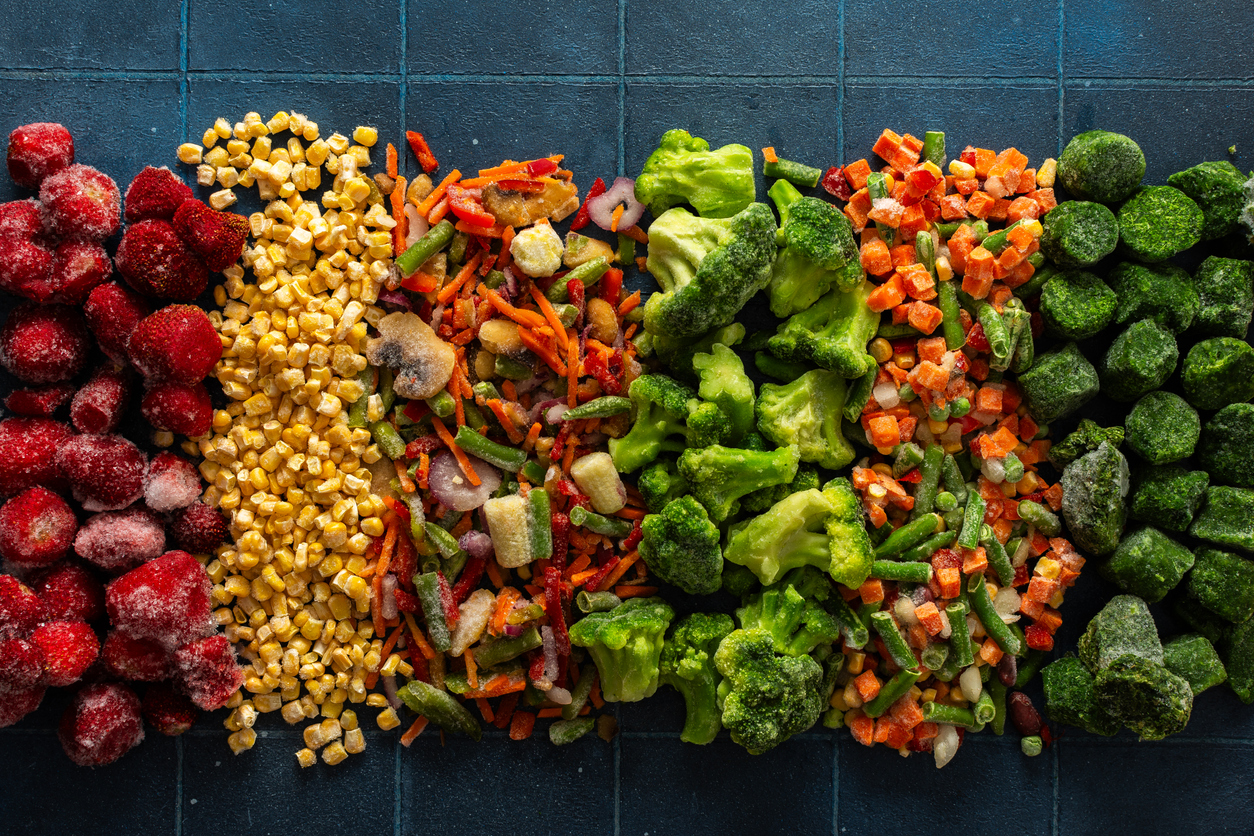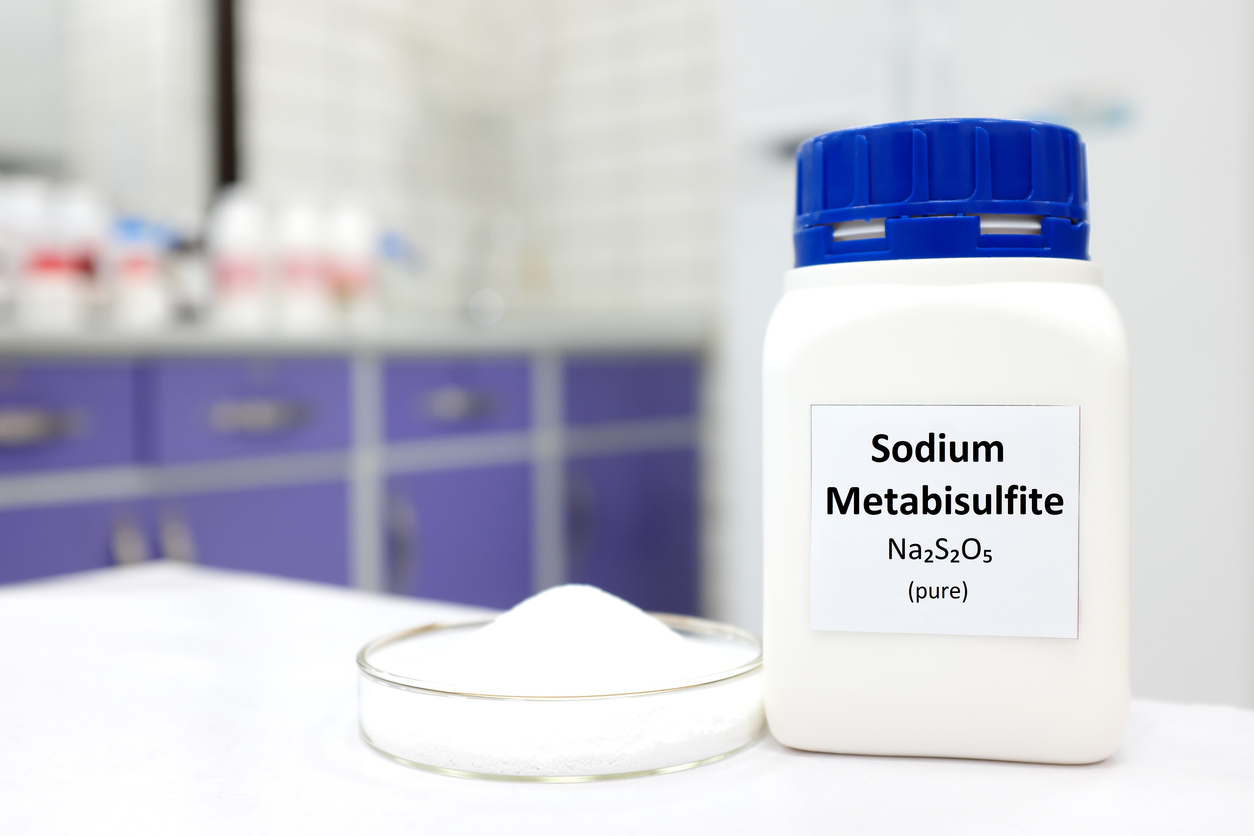Step by Step Guide to Trade Policy and Licensing in Nigeria
Step by Step Guide to Trade Policy and Licensing in Nigeria
Nigeria’s trade policy is an instrument used to manage the country’s international trade. Nigeria implements licensing and other trade regulations to ensure the smooth operation of key industries and services, by setting standards for entry into those industries. The strategy helps the government create an enabling environment for domestic production of goods and services that are in demand locally and internationally. Trade policy and licensing in Nigeria have played a big role in shaping the country’s key export sectors such as textiles, leather, agriculture, oil, petrochemicals, natural gas, chemicals, minerals, metals manufacturing (iron and steel), beverages (alcoholic drinks), cement, plastics and agro-processing (fertilizers). In this article we explore how licensing affects you as an entrepreneur. If you want to start or invest in a new business venture with a focus on one or more specific products or services within a certain geographic area; read on to understand how licensing affects you.
What is Trade Policy?
Trade policy is the system of rules and regulations governing the flow of goods and services across international borders. It includes tariffs (taxes on imported goods), quotas (limits on the quantity of goods that can be imported), and subsidies (financial assistance provided to domestic producers). An important aspect of trade policy is the general approach taken to trade negotiations, the setting of priorities in terms of the types of trade barriers to be reduced and the sequencing and timing of the reduction of these barriers.
Nigeria’s Trade Burdens
Nigeria’s total trade has been growing rapidly in recent years, rising from N741 billion in 2003 to N16 trillion in 2017, an over 10-fold increase in 14 years. This impressive growth has been driven primarily by export growth, which has increased from N104 billion in 2003 to N5.5 trillion in 2017. This is particularly impressive given that the country’s import growth has been at a much slower pace (rising from N619 billion in 2003 to N4.4 trillion in 2017).
Why Does Nigeria Impose Licensing?
Licenses are used as an entry barrier in Nigeria to regulate the quantity of goods that are imported. This is done to protect the local production of goods and services, promote the use of local raw materials in the production of goods, set standards for entry into an industry, and ensure that a product meets the necessary quality and health and safety requirements. Import restrictions include tariffs, quotas, and licensing requirements, which are policies that limit the quantity and value of certain goods that are allowed to be imported. For example, a government may impose tariffs on imported goods to raise revenue, protect domestic industries from lower-priced foreign competition, or both.
Which Industries Require Licenses?
The following are the industries that require licenses in Nigeria. Agriculture – The agricultural sector in Nigeria is the largest producer of food in West Africa with an annual output of about 80 million metric tons. The sector employs about 45% of the country’s workforce and produces about 40% of the country’s Gross Domestic Product (GDP). The sector has been negatively impacted by climatic conditions and the lack of adequate financing from financial institutions, which has resulted in an increase in the use of contract growing. Basic textiles – The basic textile industries include the production of synthetic and natural fibres, spinning, weaving, bleaching and dyeing. They use locally produced raw materials and basic machinery such as carding machines, ring frames and jenny looms, with the more modern techniques of spinning and weaving. Beverages – The production of alcoholic beverages is a small but growing industry in Nigeria. Beer is the most commonly produced alcoholic drink, but other types of alcoholic beverages such as wines, whiskies, brandies and other spirits are also produced. Cement – The cement industry is a vital part of the construction sector. Cement is a basic ingredient of concrete, the most commonly used construction material in the world. As such, cement is an important factor in the economic development of any country. Chemicals – The chemicals industry comprises establishments producing organic and inorganic chemical fertilizers, dyestuffs, hydrochloric acid and other chemical products. Food Processing – Food processing is the production of food products by canning, bottling, freezing and other methods. Iron and Steel – Iron and steel are important primary materials in the production of a wide range of other manufactured goods. The steel industry in Nigeria operates at a very low level of production and with obsolete technology. The process of steelmaking produces large quantities of slag and other waste, and is therefore very costly. Minerals – The minerals industry in Nigeria focuses on the mining and processing of iron, tin, tantalite, bauxite, coal, clay and feldspar. Non metallic minerals – Non-metallic minerals are found mostly in the southern part of Nigeria, in the areas covered by the Niger, Benue and Surubim river systems. The main minerals are kaolin, asbestos, silica, diatomite, feldspar, calcite, pumice and dolomite. Textiles – The textile industries produce yams, blankets, rugs, carpets, both natural and synthetic fibres, handloomed cloth, denim, synthetic fabrics, and synthetic yarn. Electronics – The electronics industry comprises establishments that produce telephones, radio and TV sets, calculators and digital watches, sound equipment, computers and peripheral equipment, printed circuit boards, etc. Wood and wood products – The wood products industries produce charcoal and bags.
How to Apply for a License?
The best way to start is with your local trade and investment promotion authority. They would advise you on the best products to start with and the type of licensing you might need. They would also direct you to the appropriate licensing authority. You can also engage an agent to help you with this process.
Conclusion
Trade policy and licensing in Nigeria have been in existence for many years mostly to protect local industries and maintain standards. They are also used to stimulate the growth of specified industries and create employment opportunities in the country. As a would-be entrepreneur, you need to be aware of the fact that the process of starting a new business in Nigeria is not a straightforward procedure. It involves many procedures that must be adhered to strictly in order to get the necessary licenses and approvals. If you are planning to start a business in Nigeria and want to import goods or services, you must be aware of the trade policy in the country.








LEAVE A COMMENT
You must be logged in to post a comment.